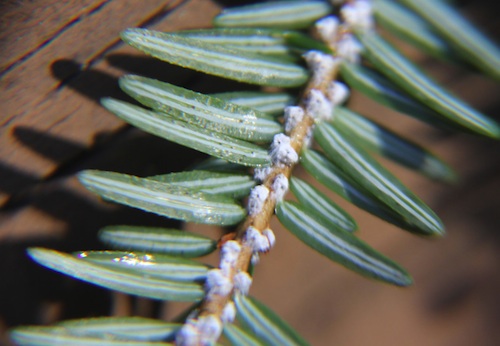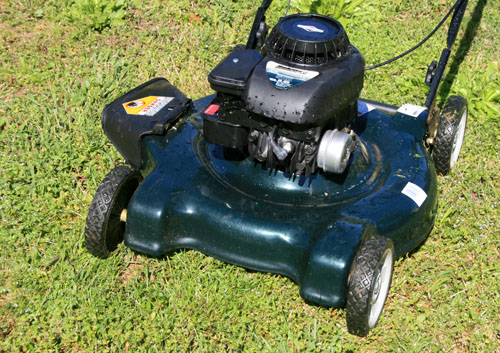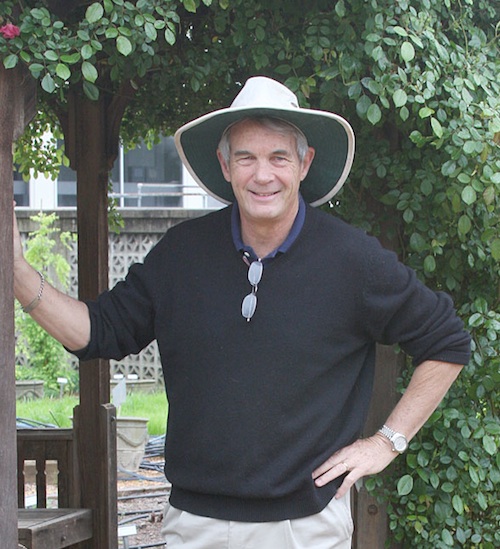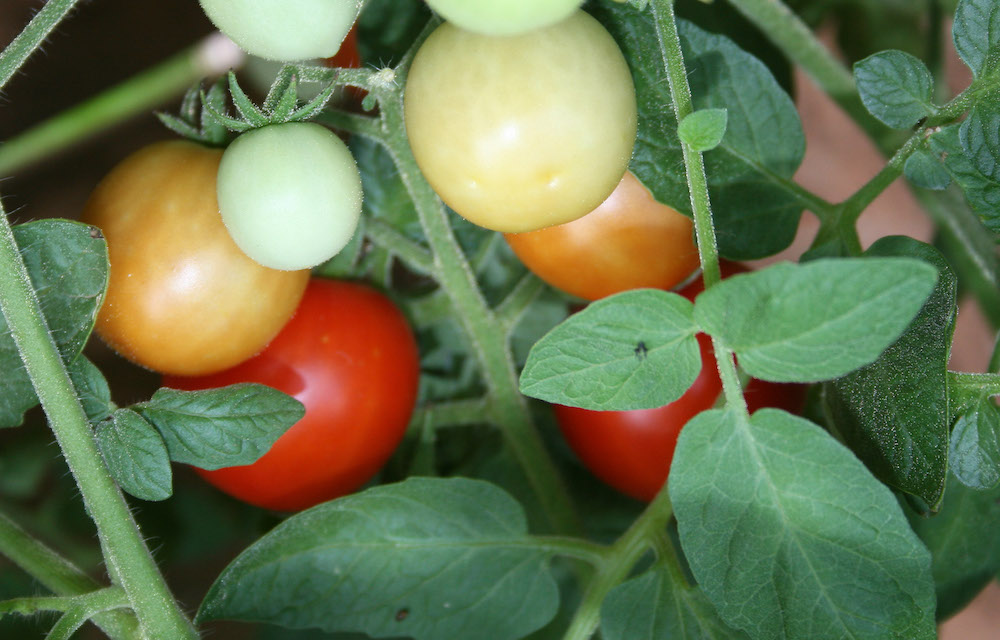 CAES News
CAES News
Tomato pests
Caring for tomato plants can be hard work, but the taste of that first vine-ripened red tomato makes it all worthwhile. Seeing insects like hornworms and aphids devour the fruits of their labor can make home gardeners see red. University of Georgia Cooperative Extension agent Paul Pugliese offers tips for keeping the pests away.

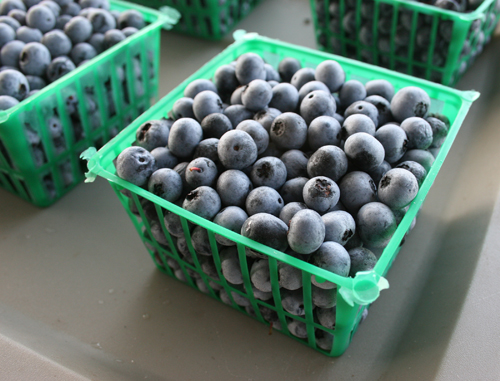
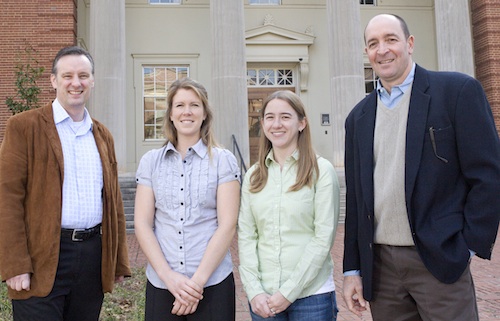
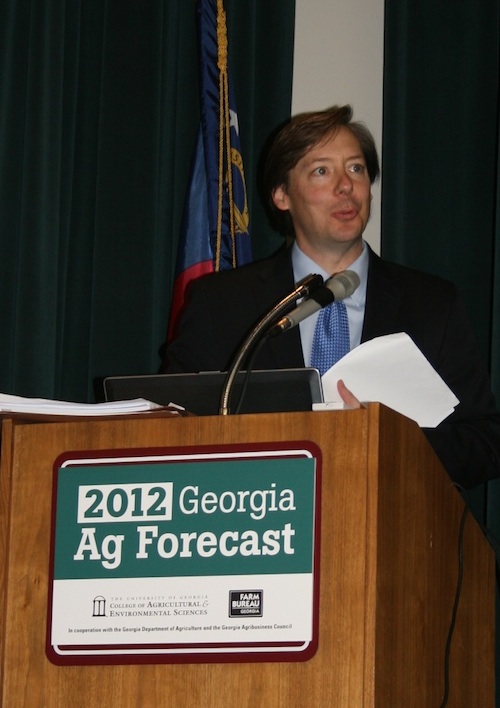
.jpg)
